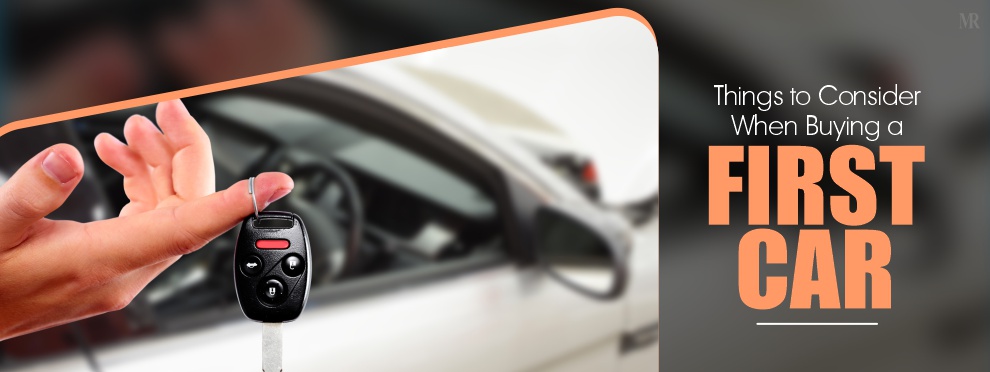Learning to drive is a huge milestone in anyone’s life. If you were to ask people what their favorite car was, they’d probably say their first car. It’s the first step to independence, and for a lot of people, it’s the first thing they have true autonomy over. If you’re reading this, you’re likely not still driving your first car, but you may well be looking to buy your children their first.
Cars have come a long way over the years – in fact, new technologies are being introduced every year – so it’s not quite as simple buying a first car in 2021 as it was in 1991. To make things easier, here are four things you need to consider.
1. Fuel Type

Diesel and petrol cars are slowly being phased out, and that means when buying a first car, you need to seriously think about the fuel type. Electric and hybrid cars are expensive, so it’s inevitable that any first car for the next 10 years at least will still rely on fossil fuels, but as the deadline for the phase out draws closer, the fees are getting higher. Diesels in particular are more costly to tax due to the harmful fumes they release. First time insurance is expensive as it is, so you want to make sure you’re not buying anything that is unaffordable in the long run.
You might be buying the car, but you probably won’t be paying to run it, so it’s important you also take into account rising fuel prices.
2. Car Type

Everyone wants their first car to be something sleek and easy on the eye, and in the day of car finance, that’s an achievable goal. You might be tempted to buy a respectable, upmarket brand because it’s within easy reach, but it’s not a good idea. Think about when you got your first car. Did you bump it? How many times did you scrape past the kerb or hit your wing mirrors? The answer is probably more than you’d care to admit, but there’s no shame in it.
First cars are supposed to get dinged, bashed and scratched. After all, when you’re new to driving, you won’t have had time to refine yourself into the perfect driver just yet. It’s something that comes with experience, and that’s fine. The problem is, it’s far more expensive to buy BMW parts compared to Ford parts, so think about the likelihood of the car getting damaged and base the car type off of that.
3. Age

It’s rarely a good idea to buy a brand new car because of the level of depreciation in the value the moment you roll it off the forecourt. At the same time, unless you’re buying a vintage car that will be driven rarely, an older car is also not the best option. Ideally, you want a first car to be reliable so that it doesn’t cost a lot in the way of maintenance. Whilst newer cars can and do go wrong, it’s more likely to happen with older cars. A happy medium would be to buy a first car that is between five and seven years old.
At this age, it’s new enough that it shouldn’t have any age-related issues, but it’s old enough that it won’t drastically depreciate over the course of the ownership. Plus, you could even consider the addition of a pair of Personalised Number Plates if you wanted to give the car a unique touch while keeping its age under wraps. This way, the car can feel more like your own without its model year being immediately obvious.
4. Insurance

There are lots of things that can influence how much a car costs to insure. Things such as the car type, the engine size, the age, the alarm system and the age of the driver will all play a role. We’ve already established that a slightly older, budget brand is ideal, but more than that, consider the size of the engine and the safety features in your choice, too. The smaller the engine and the better the safety features are, the cheaper insurance will be. It might not seem important, but insurance can be the determining factor on what type of new car you go for.
Summary
Hopefully this guide has helped you narrow down your first car choice. What was your first car?
Read more: Top 5 Electric Vehicle Charging Networks in the US















